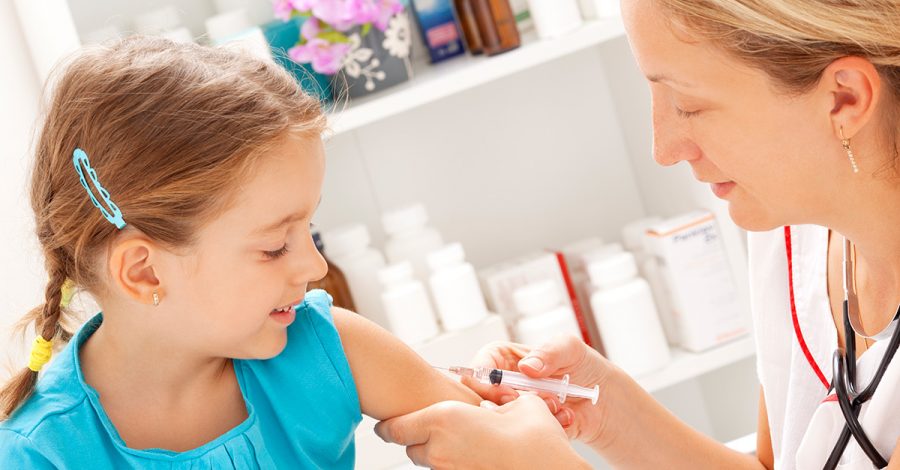A new study showed Monday that children with autism are less likely to be fully vaccinated than kids who don’t have the condition. Additionally, it is a situation that also affects the younger sisters and brothers of children with autism.
Though there are many studies that confirm there is no connection between autism and vaccines, there are still parents that are afraid of such a connection. As well, when parents have a kid with autism their perspective of vaccination changes and that might affect their other kids. This study was published on Monday in the journal JAMA Pediatrics.
“This study is showing that children with autism and their younger siblings might be at greater risk of vaccine-preventable diseases,” said Ousseny Zerbo, who led the study. He is a postdoctoral fellow with the Kaiser Permanente Northern California Division of Research.
There is a large disparity in vaccination rates between kids with autism and kids without it
The scientists reviewed data of more than 3700 kids with autism before the age of 5 and who had been born in the 1995-2010 period. As well, they reviewed data of nearly 500,000 children with similar ages and no disorders. The checked if the children had received all the vaccines recommended by the US Centers for Disease Control and Prevention.
They carried out the study since vaccination rates have been declining in the last years and they wanted to know if this situation affected kids with and without autism in the same proportion and also to determine its impact on families. They didn’t look at vaccination rates before the kids were diagnosed with autism.
“What we found is that there are large disparities in vaccination rates between children with and without” autism spectrum disorders, said Dr. Zerbo. By comparing the two groups of children, “we found that 80% of children with autism received all vaccines recommended for children between ages 4 and 6, versus 94% among children without autism,” he added.

Younger siblings of children with autism might also be at risk
As well, they examined records of younger siblings of kids with autism and they discovered they are less likely to be vaccinated too, than the younger sisters and brothers of children that don’t have autism. 85 percent of the younger siblings of kids without autism have been fully vaccinated in comparison to the 73 percent of the younger siblings of kids with autism spectrum disorder. The researchers took into consideration siblings that were born between 1997 and 2014.
There are other studies in Canada and California that support these findings.
Autism is a neurodevelopmental disorder. It causes social skills and communication problems. People with autism tend to have repetitive behaviors. The causes of autism are unknown. However, many studies suggest that environmental factors and genetics have to do with its development.
Source: CNN
